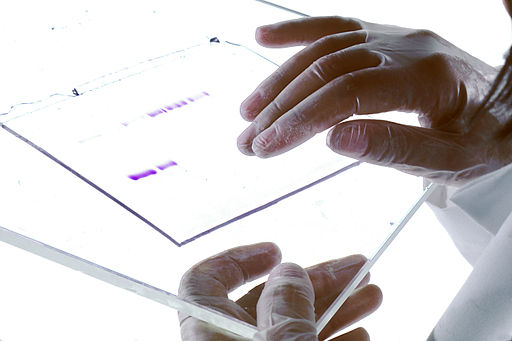Aggregated News

Forensic science is an embattled field. As DNA testing has overturned hundreds of convictions based on flawed forensic evidence, scientists and lawyers are increasingly skeptical that culprits can be accurately identified by matching fingerprints, hair samples, bite marks, bullets, and tread marks to suspects. In a landmark 2009 report, the National Academy of Sciences found that nuclear DNA testing was the only reliable forensic discipline; those based on expert analysis, as opposed to laboratory testing, weren’t really science at all. The report found that crime labs nationwide lacked uniform standards, practices, accreditation, and oversight. In 2015, the FBI found that its own microscopic hair analysts made errors at least 90 percent of the time in testimony and lab reports.
But Attorney General Jeff Sessions has resisted efforts to rein in forensic science and hold it to higher standards. And this week, he appointed a senior adviser on forensics who has a history of opposing reforms that would bring more accountability and scientific rigor to forensic crime labs and expert testimony.
The appointment of Ted Hunt, a Missouri prosecutor, came amid a broader announcement of Justice Department...



